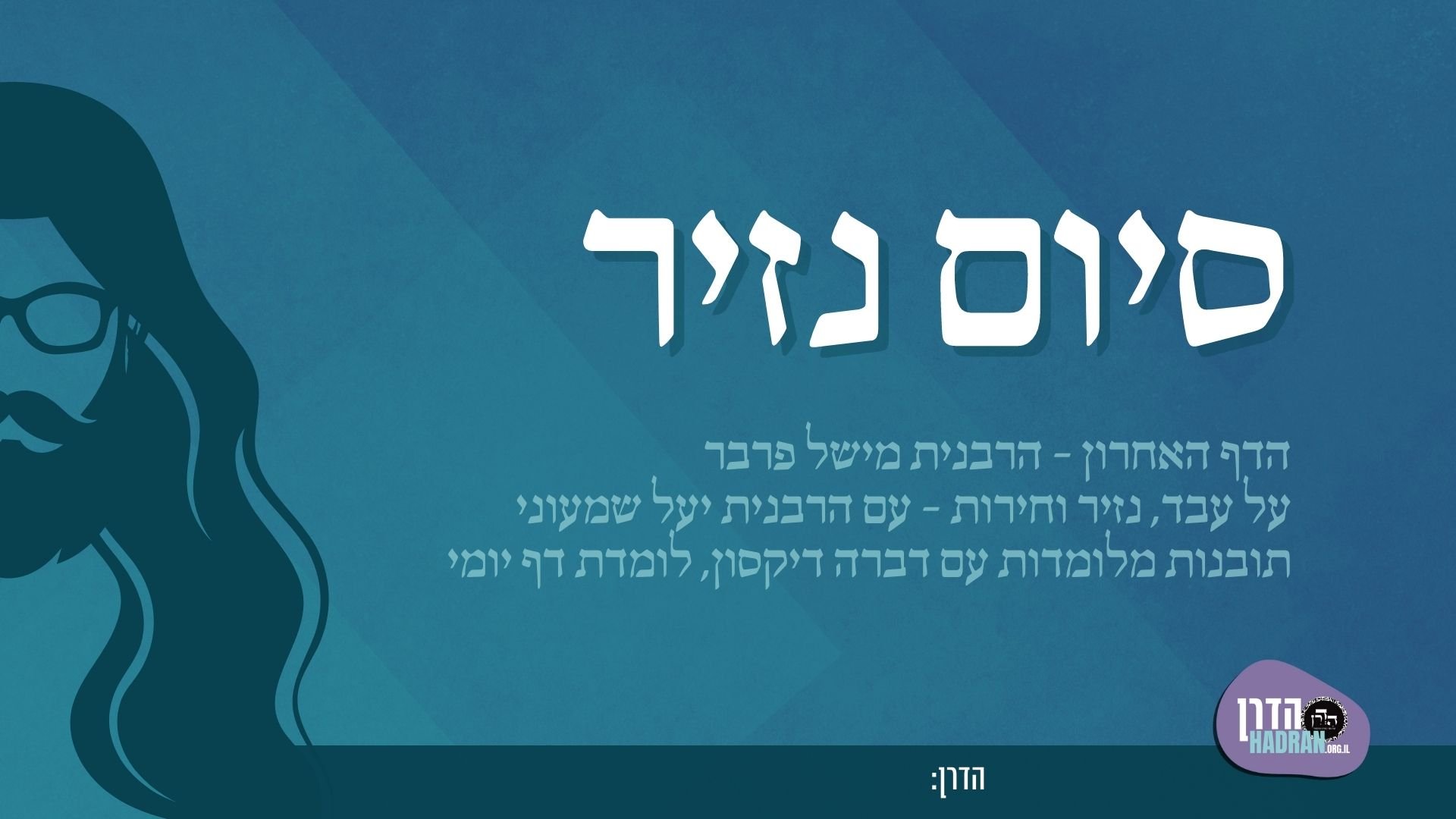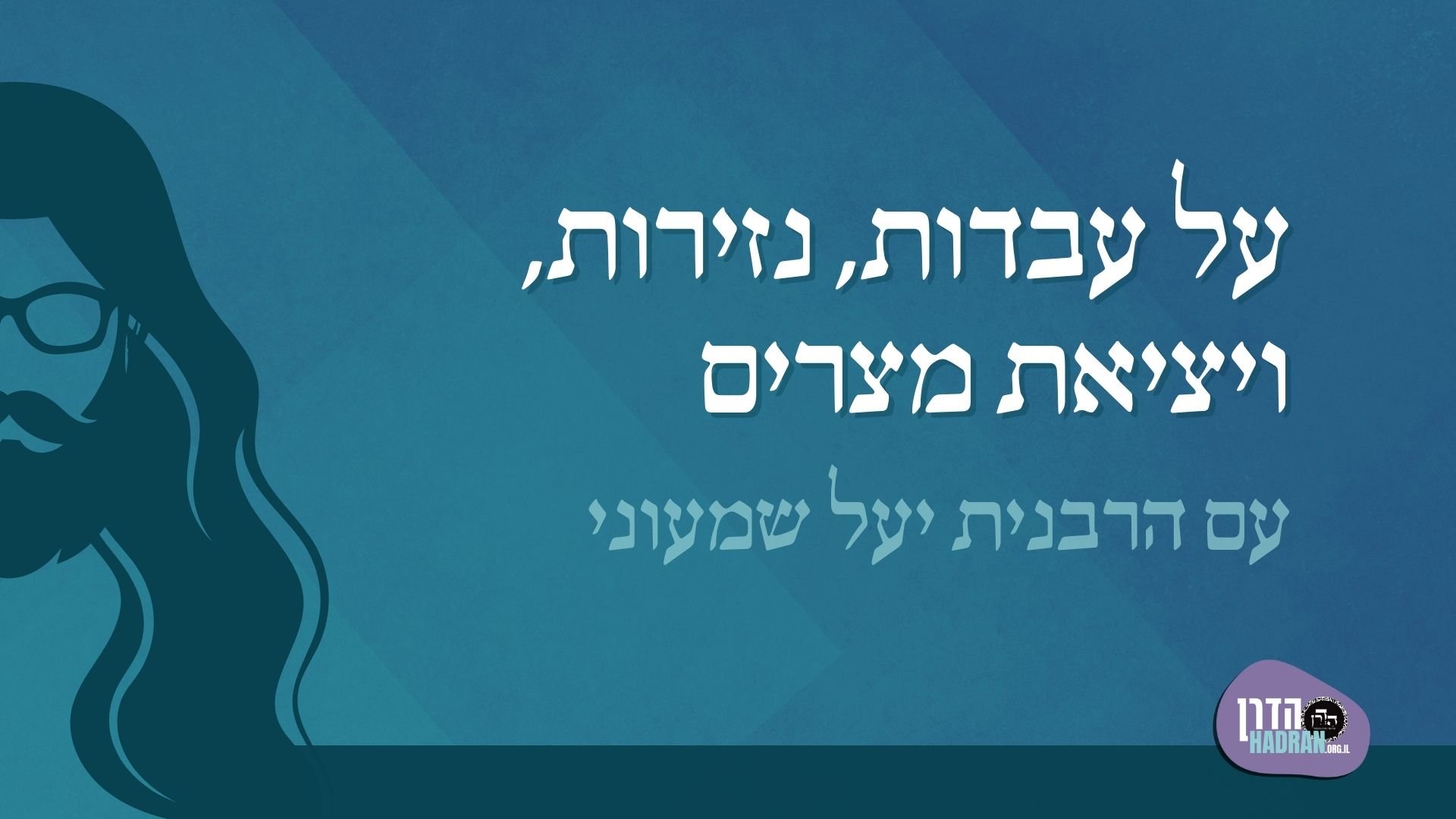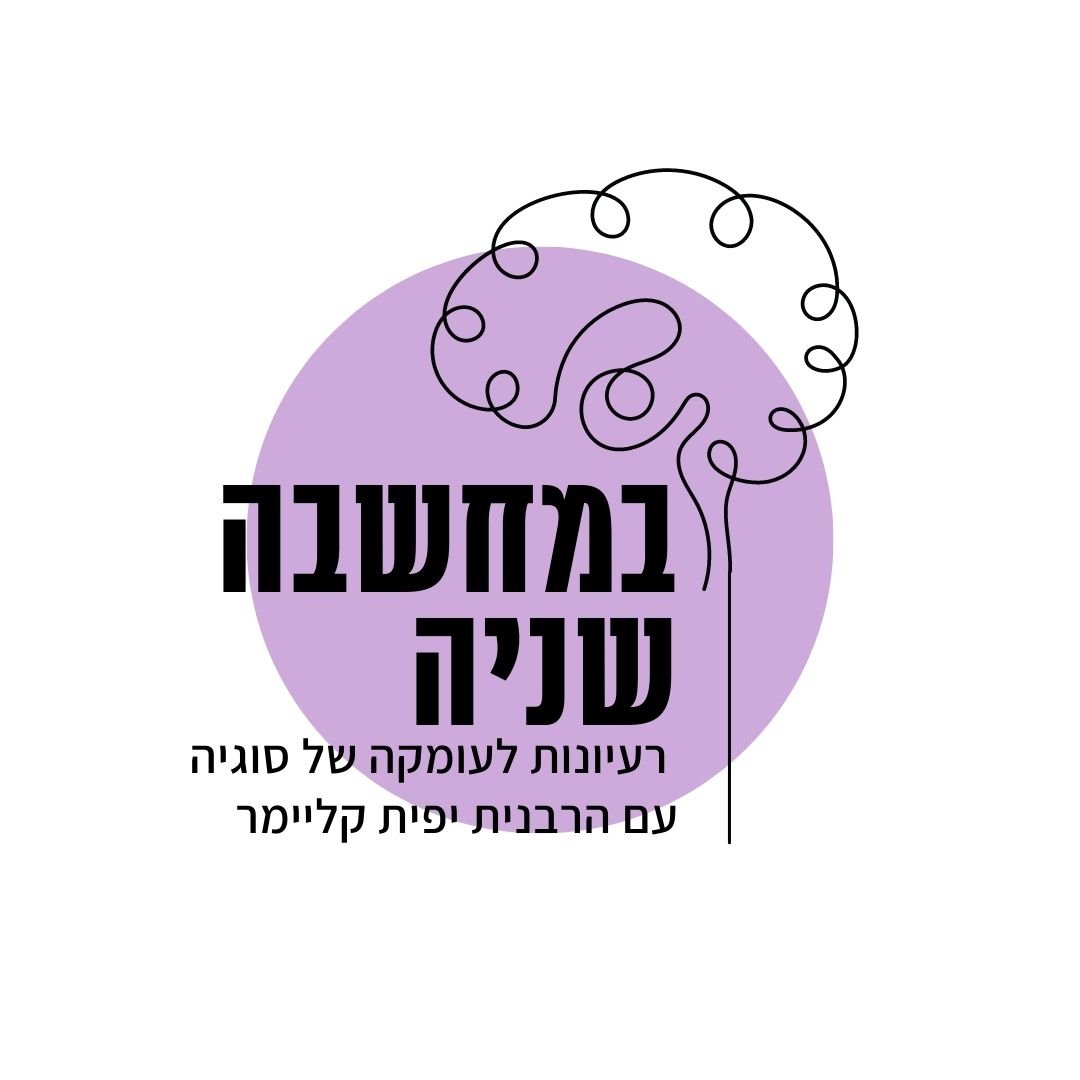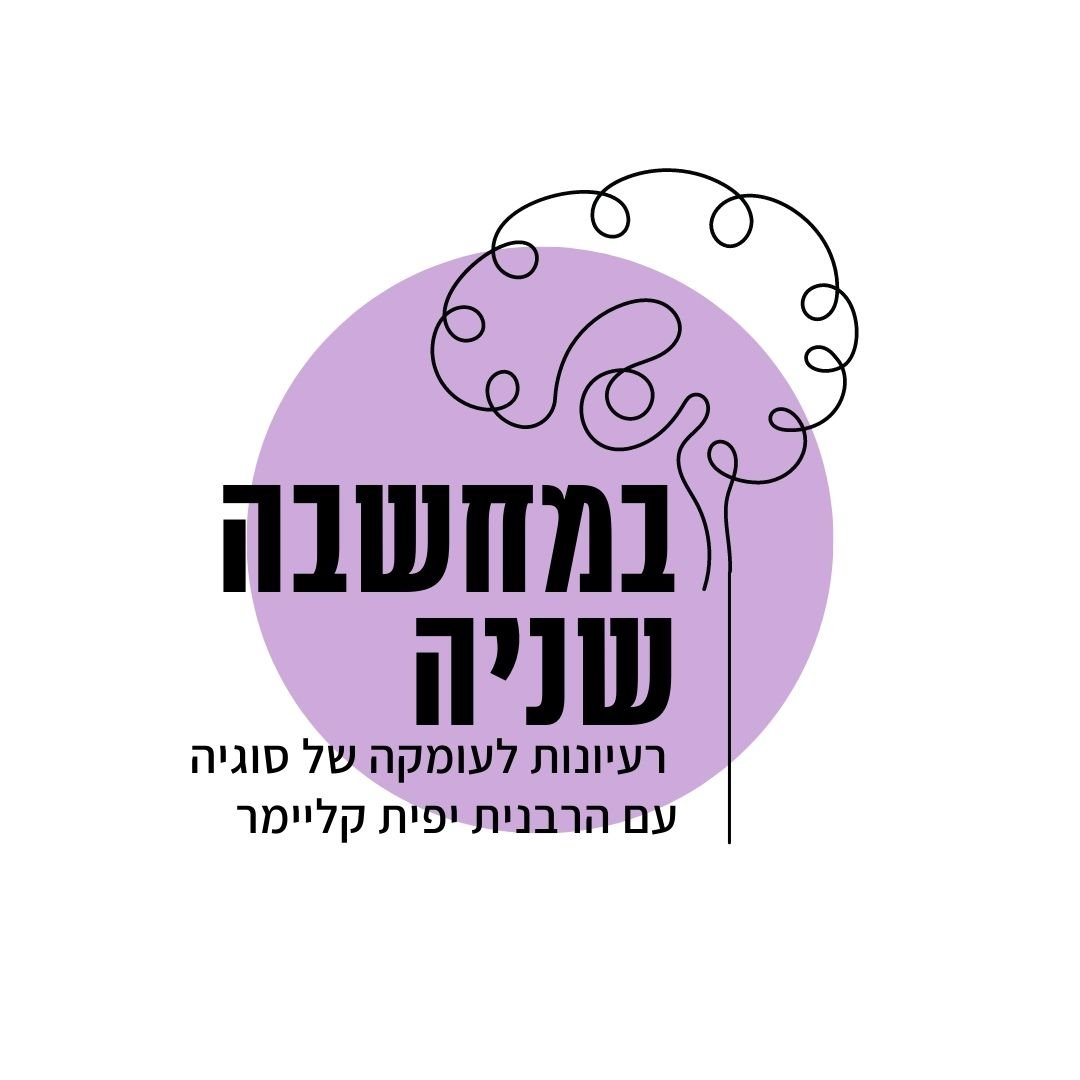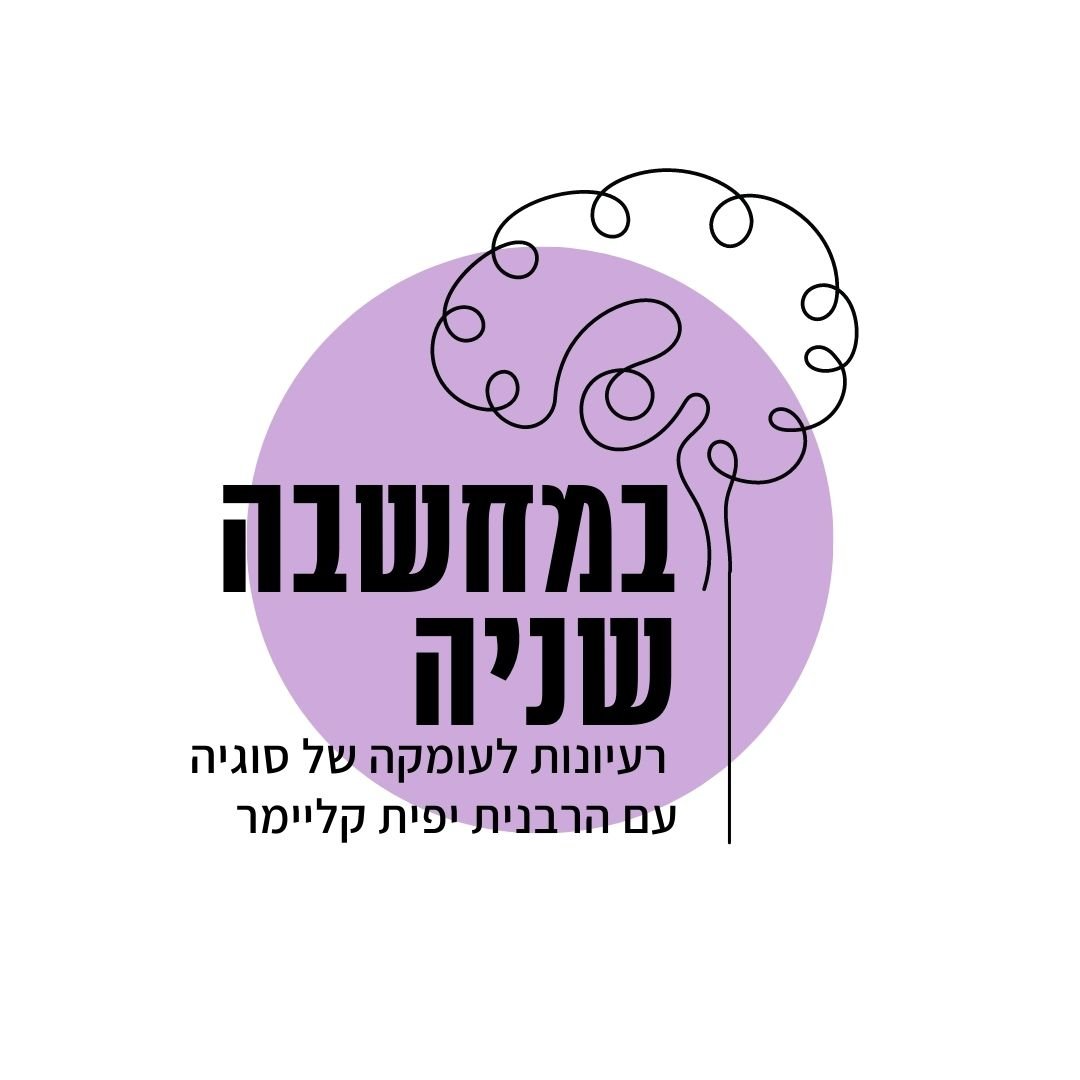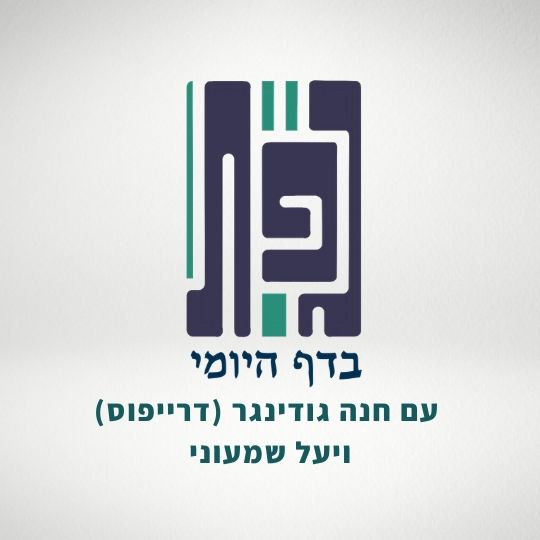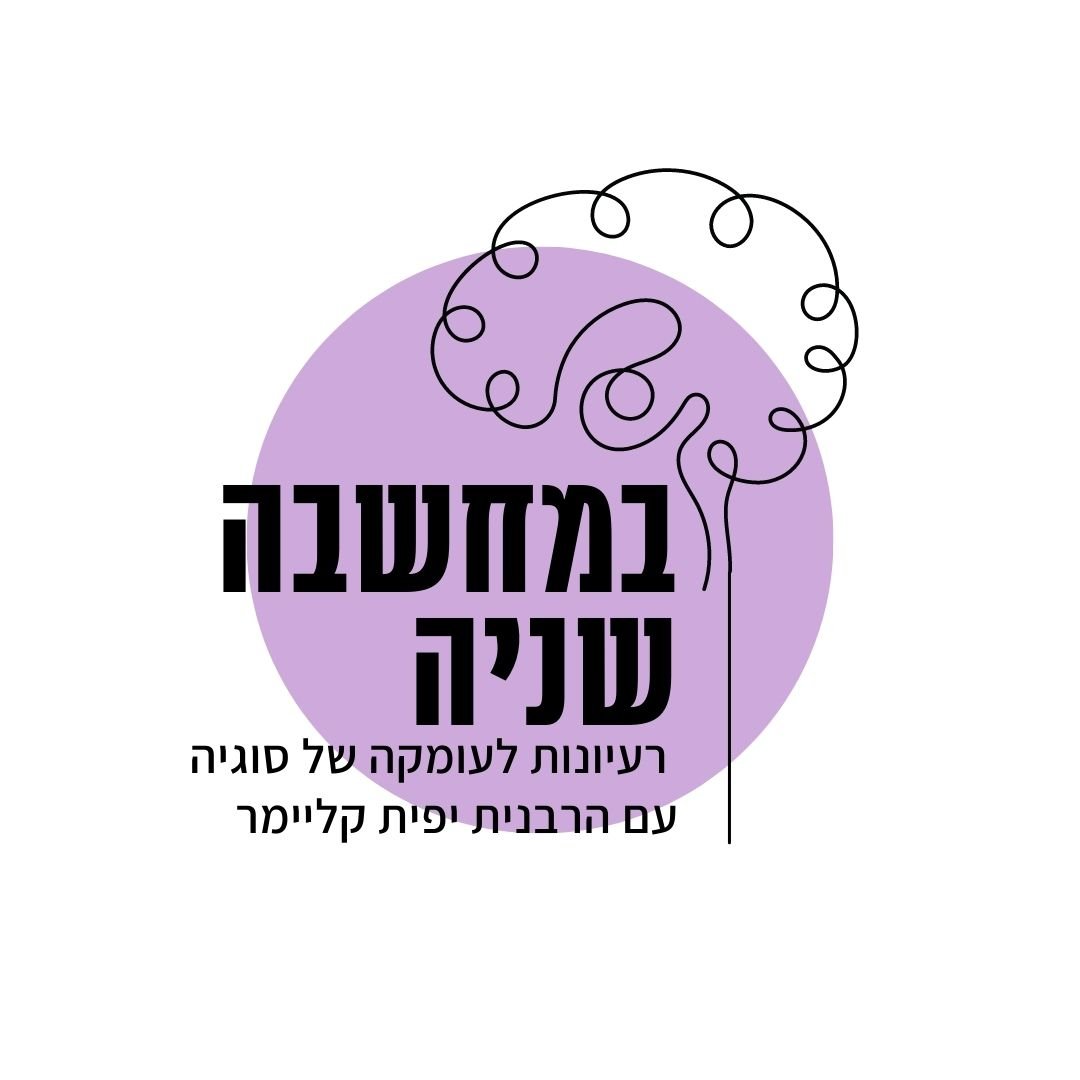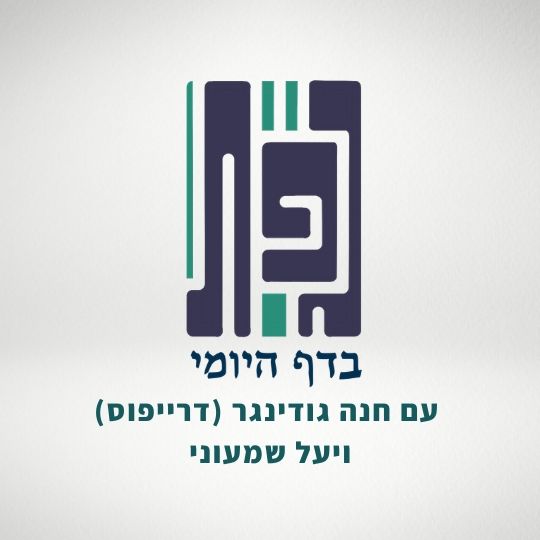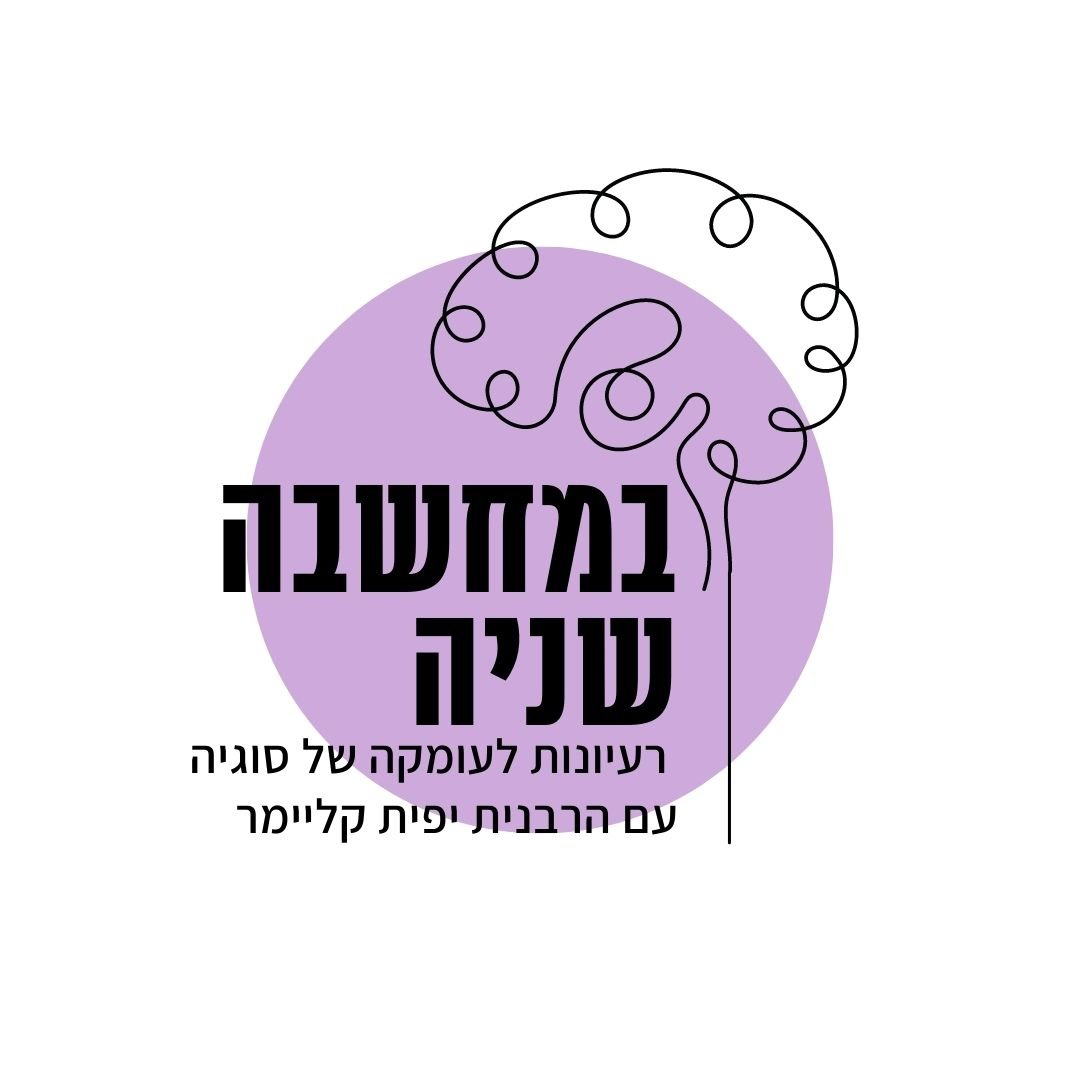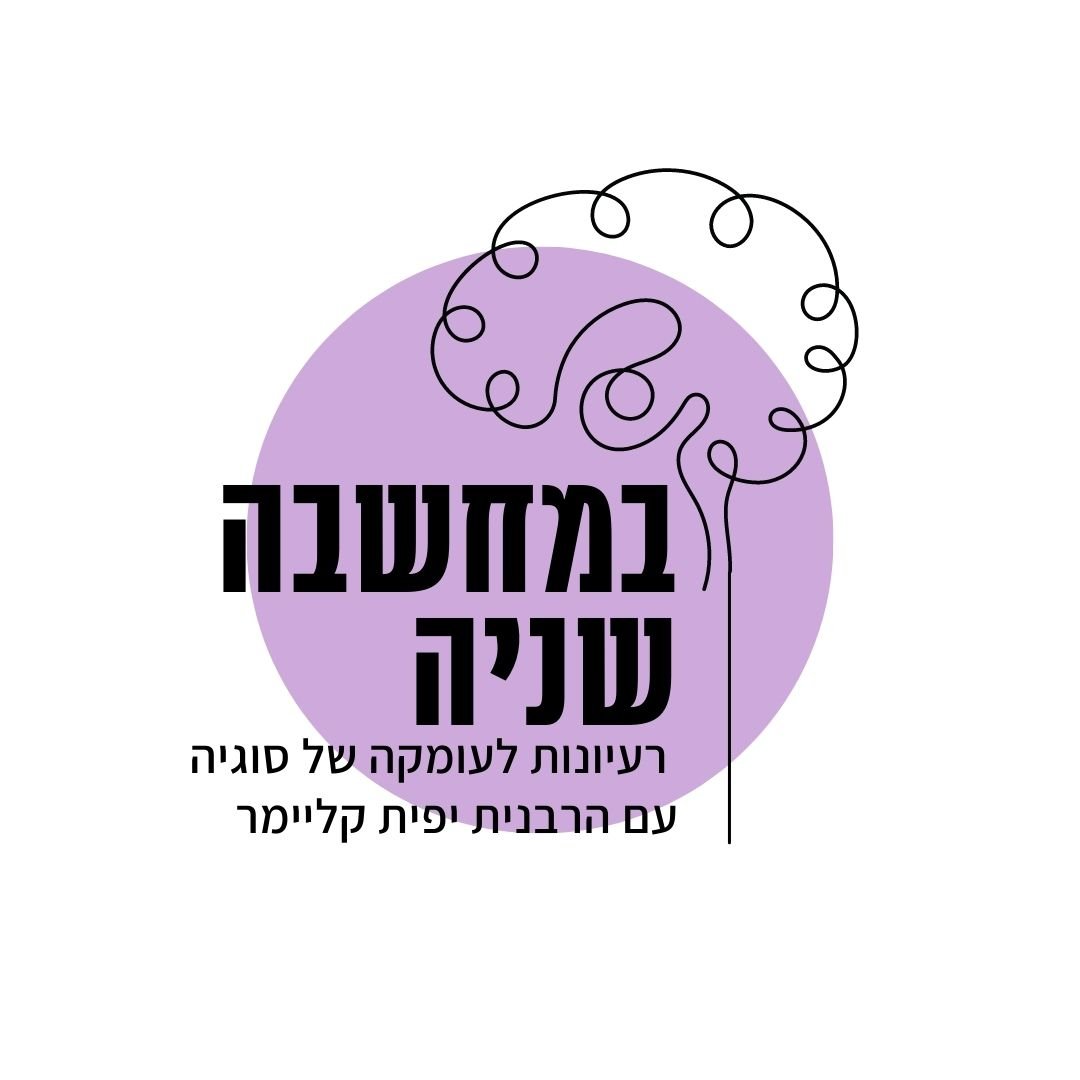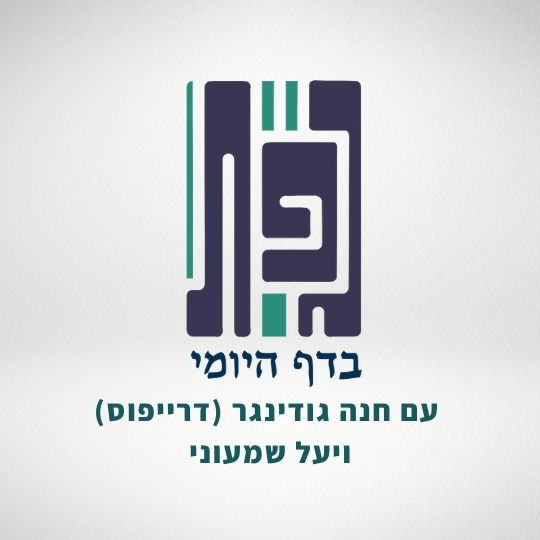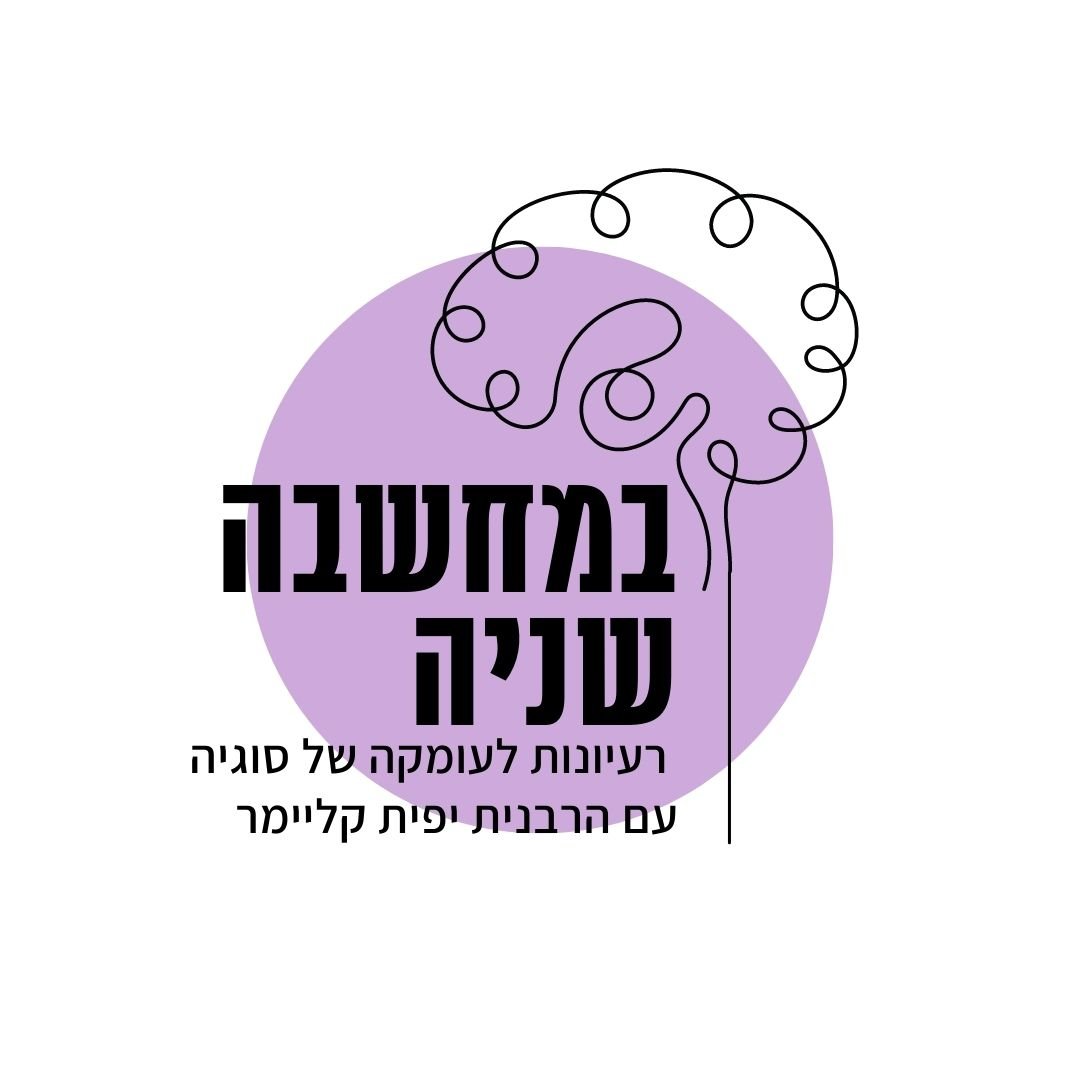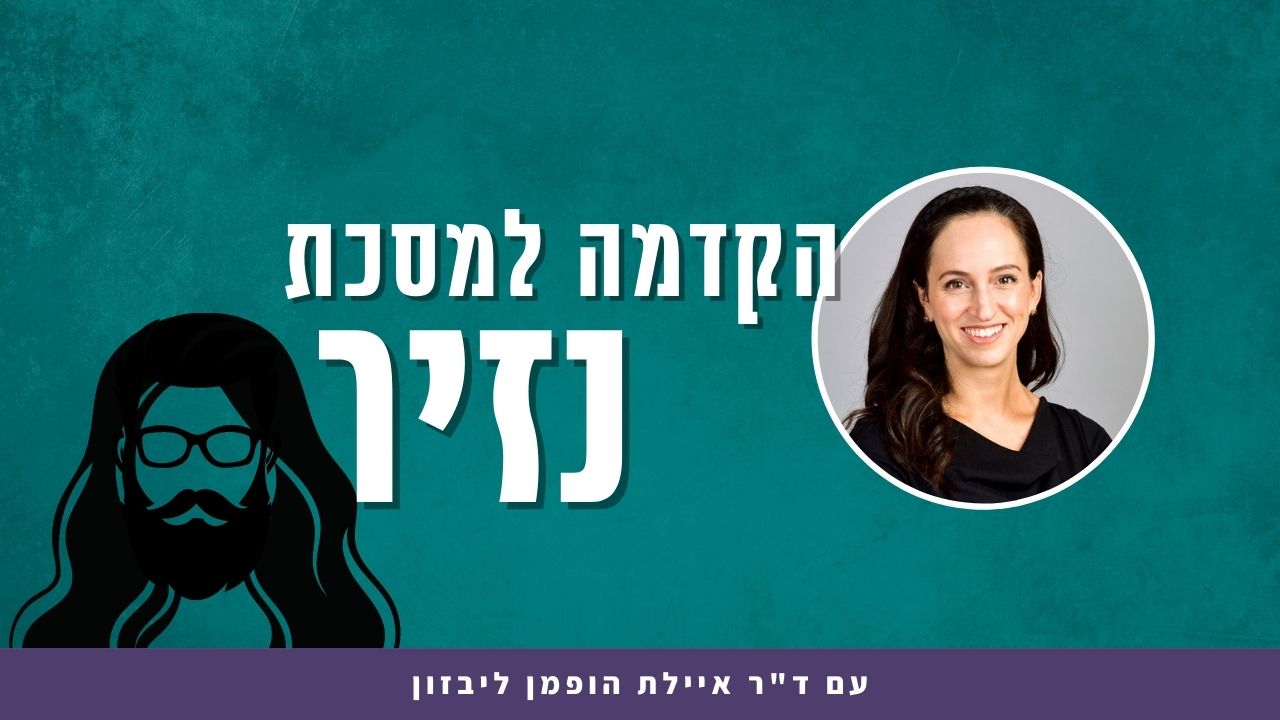נזיר לט
אוֹתְבֵיהּ חָמֵשׁ, וּמֵאַחַר דְּלָא תַּנְיָא חָמֵשׁ, מַאי טַעְמָא אוֹתְבֵיהּ? אָמַר רַב פָּפָּא: אֲנָא סְבַרִי לָאו גְּמָרָא הִיא בִּידֵיהּ, וְהָדַר בֵּיהּ. וְלָא יָדַעְנָא דִּגְמָרָא הִיא בִּידֵיהּ, וְלָא הָדַר בֵּיהּ.
Rav Pappa himself raised his objection to Abaye’s opinion based on the premise that the tanna taught five sets of lashes, and since in the baraita it is not taught five sets of lashes, what is the reason that Rav Pappa raised his objection to Abaye’s opinion? Rav Pappa said: I held that it is not a tradition in Abaye’s hand that a nazirite is also flogged for “anything that is made of the grapevine,” but merely his own opinion, and therefore I assumed that were I to cite a baraita that explicitly contradicts his opinion he would retract his opinion. Consequently, I myself changed the wording of the baraita to see how Abaye would respond. But I did not know that this halakha is a tradition in Abaye’s hand and that therefore he did not retract his opinion.
רַבִּי אֶלְעָזָר בֶּן עֲזַרְיָה אוֹמֵר כּוּ׳. אָמַר רַב יוֹסֵף: כְּמַאן מְתַרְגְּמִינַן ״מִפּוּרְצְנִין וְעַד עִיצּוּרִין״ — כְּרַבִּי יוֹסֵי.
§ The mishna taught: Rabbi Elazar ben Azarya says: He is liable only if he eats at least two ḥartzannim and one zag that together form the volume of an olive-bulk. The mishna then cites two opinions as to whether ḥartzan is a grape seed and zag is the skin, or the reverse. Rav Yosef said: In accordance with whose opinion do we translate the verse “from ḥartzannim to zag” (Numbers 6:4) as: From the seeds [purtzanin] to the skins [itzurin]? He explains: This translation is in accordance with the opinion of Rabbi Yosei.
מַתְנִי׳ סְתַם נְזִירוּת — שְׁלֹשִׁים יוֹם. גִּילַּח אוֹ שֶׁגִּילְּחוּהוּ לִסְטִים — סוֹתֵר שְׁלֹשִׁים יוֹם. נָזִיר שֶׁגִּילַּח בֵּין בְּזוּג בֵּין בְּתַעַר, אוֹ שֶׁסִּיפְסֵף כׇּל שֶׁהוּא — חַיָּיב.
MISHNA: A naziriteship of unspecified length lasts for thirty days. If a nazirite shaved his hair during that period, or if he was shaved by bandits [listim] against his will, this negates thirty days of his naziriteship, which he must count afresh. With regard to a nazirite who shaved his hair, whether he did so with scissors or with a razor, or if he pulled out [sifsef ] any amount, he is liable.
גְּמָ׳ אִיבַּעְיָא לְהוּ: הַאי מַזְיָא מִלְּתַחַת רָבֵי אוֹ מִלְּעֵיל? לְמַאי נָפְקָא מִינַּהּ? לְנָזִיר שֶׁגִּילְּחוּהוּ לִיסְטִים וְשִׁיְּירוּ בּוֹ כְּדֵי לָכוֹף רֹאשׁוֹ לְעִיקָּרוֹ.
GEMARA: A dilemma was raised before the Sages: Does this hair that grows on the body grow from the bottom or from the top? Which part of the hair is new? The Gemara explains: What is the difference between these possibilities? The Gemara answers: It is relevant for the case of a nazirite who was shaved by bandits or shaved himself, but his head was not entirely shaved. Rather, they left part of it, so that the hair is long enough to bend its end to its root.
אִי אָמְרַתְּ מִלְּתַחַת רָבֵי — נְזִירוּת הָא שַׁקְלֵיהּ. אֶלָּא אִי אָמְרַתְּ מִלְּעֵיל רָבֵי — מַאי דְּאַקְדֵּישׁ הָא קָאֵים.
The Gemara explains the two sides of the dilemma: If you say that hair grows from the bottom, he has removed the hair of the naziriteship, which is the hair he vowed not to shave, and therefore he must add extra days to his term of naziriteship to allow for its proper growth. But if you say that it grows from the top, that hair which he sanctified still exists in part. Consequently, he may conclude his naziriteship and perform the mitzva of shaving.
תָּא שְׁמַע מֵהָא אִינְבָּא חַיָּה דְּקָאֵים בְּעִיקְבָּא דְבִינְתָּא, וְאִי סָלְקָא דַעְתָּךְ מִלְּתַחַת רָבֵי — בְּרֵישָׁא דְבִינְתָּא בָּעֵי לְמֵיקַם. לְעוֹלָם מִלְּתַחַת רָבֵי וְאַגַּב חַיּוּתָא נָחֵית וְאָזֵיל אִינְבָּא.
The Gemara suggests: Come and hear a solution to this dilemma from an examination of this live louse [inba], which is always found in the root of the hair. And if it should enter your mind that hair grows from the bottom, the louse should be situated on the end of the hair, as it would be pushed up with the hair’s growth. The Gemara rejects this suggestion: Actually, one could say that hair grows from the bottom, and because it is alive the louse continuously descends, as it is always crawling toward the scalp from where it draws its nourishment.
תָּא שְׁמַע אִינְבָּא מֵתָה בְּרֵישָׁא דְבִינְתָּא, וְאִי סָלְקָא דַעְתָּךְ מִלְּעֵיל רָבֵי — בְּעִיקְבָּא דְבִינְתָּא בָּעֵי לְמֵיקַם. הָתָם נָמֵי, מִשּׁוּם דְּלֵית בַּהּ חֵילָא שָׂרוֹגֵי שָׂרֵיגָא וְאָזֵיל.
The Gemara suggests another proof: Come and hear from the fact that a dead louse is invariably found on the end of the hair. And if it should enter your mind that hair grows from on top, it should be situated on the root of the hair. The Gemara rejects this: There too, one could say that because it has no strength it is caught where it was when it died and goes up with the growing hair.
תָּא שְׁמַע מִבְּלוֹרִית דְּכוּשִׁיִּים, דְּבָתַר דִּמְגַדְּלִין לַהּ רָפְיָא מִלְּתַחַת. הָתָם נָמֵי, אַיְּידֵי דְּקָמְטָא הִיא מִשִּׁיכְבָא דְּרָפְיָא.
The Gemara proposes a different proof: Come and hear from an examination of the long hair [belorit] of gentiles, which is grown for idolatrous purposes, by braiding the ends of the hair. As, after they braid it, it becomes loose underneath, which suggests that hair grows from below. The Gemara rejects this: There too, since it crumples from the effect of the person who lies upon it, it becomes loose underneath.
תָּא שְׁמַע מִסְּקַרְתָּא, דְּרָפֵי עַמְרָא מִלְּתַחַת, וְתַנְיָא. וְתוּ: כַּד צָבְעִי סָבַיָּא דִּיקְנְהוֹן חָוְורָן
The Gemara offers an additional suggestion: Come and hear from the dye used on sheep, as the dyed wool becomes loose underneath. This shows that hair grows from the bottom. The Gemara adds: And this case of dyeing sheep is not merely anecdotal, as it was taught with regard to the halakhot of animal tithe. And furthermore, when old men dye their beards, we see that the beards turn white
עִיקְבֵי נִימְהוֹן, שְׁמַע מִינַּהּ מִלְּתַחַת רָבֵי. שְׁמַע מִינַּהּ.
at the roots of their hair. You can learn from it that hair grows from the bottom, as the new hair is not dyed. The Gemara concludes: Indeed, learn from it that it is so.
וְאֶלָּא הָא דְּתַנְיָא: נָזִיר שֶׁגִּילְּחוּהוּ לִסְטִים, וְשִׁיְּירוּ בּוֹ כְּדֵי לָכוֹף רֹאשׁוֹ לְעִיקָּרוֹ — אֵינוֹ סוֹתֵר. וְאִי סָלְקָא דַעְתָּךְ מִלְּתַחַת רָבֵי, לִיסְתּוֹר! כְּגוֹן שֶׁגִּילְּחוּהוּ אַחַר מְלֹאת. וּמַנִּי — רַבִּי אֱלִיעֶזֶר הִיא, דְּאָמַר: כׇּל אַחַר מְלֹאת שִׁבְעָה סוֹתֵר.
The Gemara asks: But what about this halakha that is taught in a baraita: With regard to a nazirite who was shaved by bandits, and they left him with enough hair to bend its end to its root, this does not negate the days of his naziriteship. And if it should enter your mind that hair grows from the bottom, let it negate the days of his naziriteship in that case as well, as the remaining hair grew only after his acceptance of naziriteship. The Gemara answers: This is referring to a case where they shaved him after the completion of his naziriteship but before he sacrificed his offerings, and whose opinion is expressed in this baraita? It is the opinion of Rabbi Eliezer, who says: With regard to any nazirite who became ritually impure after the completion of his term, this negates only seven days.
מַאי טַעְמָא דְּרַבִּי אֱלִיעֶזֶר? יָלֵיף תִּגְלַחַת טׇהֳרָה מִתִּגְלַחַת טוּמְאָה. מַה תִּגְלַחַת טוּמְאָה שִׁבְעָה, אַף תִּגְלַחַת טׇהֳרָה — שִׁבְעָה.
The Gemara asks: What is the reason of Rabbi Eliezer? The Gemara answers: He derives the halakha of the shaving of ritual purity at the end of his term of naziriteship (see Numbers 6:18) from the shaving of impurity (see Numbers 6:9): Just as with the shaving of impurity, if he became impure on the day of the completion of his term he must wait seven days, at which point he is purified from the impurity imparted by a corpse and shaves his hair, so too with the shaving of purity; if he was shaved before he brought his offerings, he negates only seven days.
וְקִים לְהוּ לְרַבָּנַן כׇּל שִׁבְעָה יוֹמִין אָתְיָא מַזְיָיא כְּדֵי לָכוֹף רֹאשׁוֹ לְעִיקָּרוֹ.
And the Sages, including Rabbi Eliezer, have an accepted tradition that every seven days hair grows enough to bend its end to its root. Consequently, if this amount of hair remained after he was shaved on the day of the completion of his naziriteship, he does not forfeit any days and need not wait any longer.
נָזִיר שֶׁגִּילַּח בֵּין בְּתַעַר בֵּין בְּזוּג, אוֹ שֶׁסִּיפְסֵף כׇּל שֶׁהוּא — חַיָּיב. תָּנוּ רַבָּנַן: ״תַּעַר״, אֵין לִי אֶלָּא תַּעַר. תָּלַשׁ, מֵירַט, סִיפְסֵף כׇּל שֶׁהוּא, מִנַּיִן — תַּלְמוּד לוֹמַר: ״קָדוֹשׁ יִהְיֶה גַּדֵּל פֶּרַע שְׂעַר רֹאשׁוֹ״, דִּבְרֵי רַבִּי יֹאשִׁיָּה.
§ The mishna taught: With regard to a nazirite who shaved his hair, whether he did so with scissors or with a razor, or if he pulled out any amount, he is liable. The Sages taught: The Torah states with regard to a nazirite: “A razor shall not come upon his head” (Numbers 6:5). I have derived only a razor; from where do I derive that he is liable if he tore out, uprooted, or pulled out any amount of his hair? The verse states: “He shall be holy, he shall let the locks of the hair of his head grow long” (Numbers 6:5). This is the statement of Rabbi Yoshiya.
רַבִּי יוֹנָתָן אוֹמֵר: ״תַּעַר״, אֵין לִי אֶלָּא תַּעַר. מֵירַט, תָּלַשׁ, סִיפְסֵף כׇּל שֶׁהוּא — פָּטוּר. וְהָכְתִיב ״קָדוֹשׁ יִהְיֶה״! מֵימְרָא דְּאִם גִּילַּח לֵיהּ בְּתַעַר — קָאֵים עֲלֵיהּ בַּעֲשֵׂה וְלֹא תַעֲשֶׂה.
Rabbi Yonatan says a different interpretation: From “razor” I have derived only a razor, whereas if he tore out, uprooted, or pulled out any amount of his hair, he is exempt. The Gemara asks: But isn’t it written: “He shall be holy”? The Gemara answers: That is to say that if he shaved his hair with a razor he stands liable for violating both a positive mitzva and a prohibition. By shaving with a razor he also transgresses the positive mitzva of: “He shall be holy, he shall let the locks of the hair of his head grow long” (Numbers 6:5).
תַּנְיָא אִידַּךְ: ״תַּעַר״, אֵין לִי אֶלָּא תַּעַר. תָּלַשׁ, מֵירַט, סִיפְסֵף כׇּל שֶׁהוּא, מִנַּיִן — תַּלְמוּד לוֹמַר: ״לֹא יַעֲבוֹר עַל רֹאשׁוֹ״. וּמֵאַחַר שֶׁסּוֹפֵינוּ לְרַבּוֹת כֹּל דָּבָר, מָה תַּלְמוּד לוֹמַר ״תַּעַר לֹא יַעֲבוֹר עַל רֹאשׁוֹ״?
It is taught in another baraita: From “razor” I have derived only a razor; from where do I derive that he is also liable if he tore out, uprooted, or pulled out any amount of it? The verse states: “A razor shall not come upon his head” (Numbers 6:5), indicating that he may not remove his hair in any manner. The baraita asks: And since we eventually include everything that removes hair, what is the meaning when the verse states: “A razor shall not come upon his head”? Why does the verse mention a razor, when other implements are equally forbidden?
לְפִי שֶׁלֹּא לָמַדְנוּ לְתִגְלַחַת הָאַחֲרוֹנָה שֶׁיִּהְיֶה בְּתַעַר. לְלַמְּדוֹ מִמְּצוֹרָע — אִי אֶפְשָׁר,
The baraita answers: It is because we have not learned that the last shaving, i.e., the nazirite’s shaving of ritual purity, must be performed specifically with a razor, as the verse merely states: “He shall shave his head” (Numbers 6:18), without specifying an implement. It is impossible to learn this requirement from the halakha that a leper must use a razor (see Leviticus 14:9),

